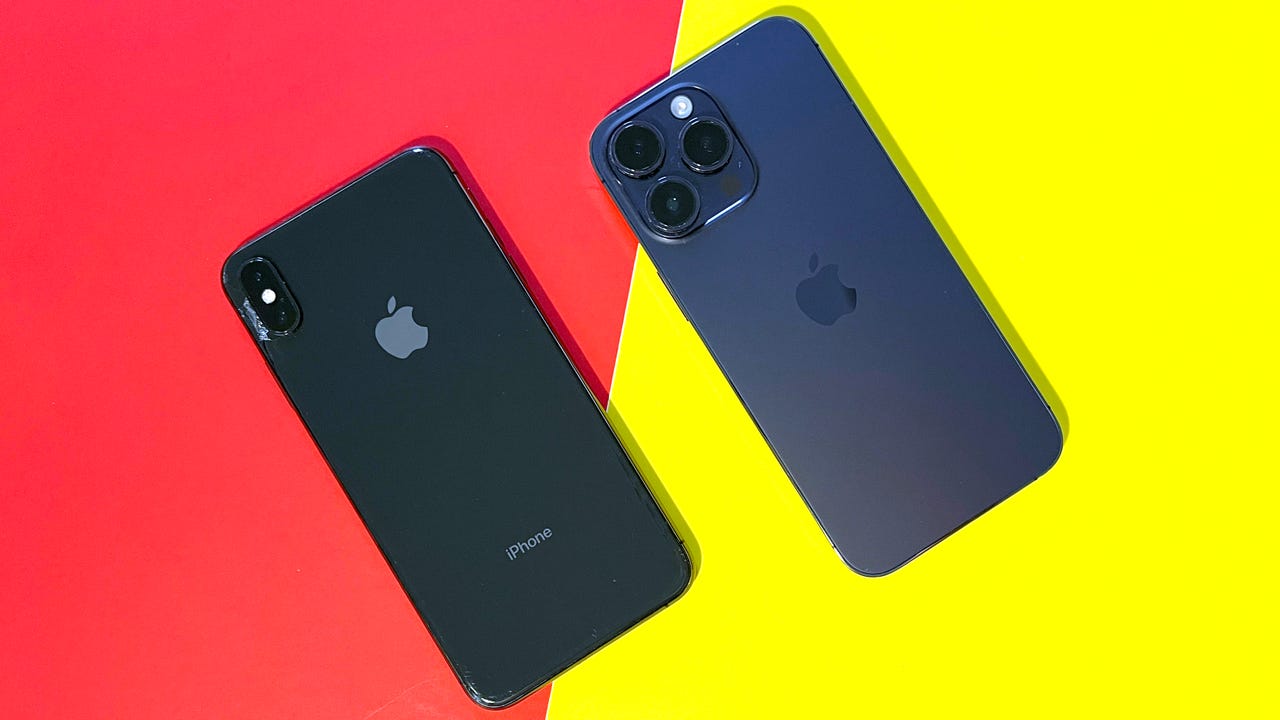'ZDNET Recommends': What exactly does it mean?
ZDNET's recommendations are based on many hours of testing, research, and comparison shopping. We gather data from the best available sources, including vendor and retailer listings as well as other relevant and independent reviews sites. And we pore over customer reviews to find out what matters to real people who already own and use the products and services we’re assessing.
When you click through from our site to a retailer and buy a product or service, we may earn affiliate commissions. This helps support our work, but does not affect what we cover or how, and it does not affect the price you pay. Neither ZDNET nor the author are compensated for these independent reviews. Indeed, we follow strict guidelines that ensure our editorial content is never influenced by advertisers.
ZDNET's editorial team writes on behalf of you, our reader. Our goal is to deliver the most accurate information and the most knowledgeable advice possible in order to help you make smarter buying decisions on tech gear and a wide array of products and services. Our editors thoroughly review and fact-check every article to ensure that our content meets the highest standards. If we have made an error or published misleading information, we will correct or clarify the article. If you see inaccuracies in our content, please report the mistake via this form.
iPhone users keep their phones longer than Android owners

The iPhone design has changed many times over the years, albeit never too drastically. Even if Apple releases a new version of its flagship smartphone every year, it's not rare to see people using iPhone 11, X, or even older.
And it's been proven: 61% of iPhone users kept their previous iPhones for two years or more, while only 41% of Android users do the same, according to new Consumer Intelligence Research Partners data.
Also: Apple just released iOS 17.1, MacOS 14.1, and WatchOS 10.1 - here's what's new
As an iPhone user, I can say this has been my case. I've only ever upgraded to a new iPhone by obligation, as my iPhones seem to have a special affinity for washing machines. I'm not alone; I see some people still using their rounded-edge iPhone X at the coffee shop, my brother still uses his second-generation SE from 2020, and there are those who can't part ways with the defunct iPhone Mini.
But the reasons why people seem to keep their iPhones longer than Android phones appear to go beyond simple preferences.
Also: The best Android phones
Sure, new iPhones are released yearly, but Apple is the only manufacturer that makes them. Conversely, Android phones are made by several companies, like Samsung, Motorola, Google, ZTE, and more, each with at least one annual release.
Data from the Consumer Intelligence Research Partners.
When it comes down to it, both brands have loyal communities of users. CIRP explains people perceive iPhone users as more affluent and tech-forward while Android users are more budget-conscious, but the data doesn't add up.
Only 10% of iPhone users kept their devices for under a year, while 21% of Android users changed phones within a year of getting one.
My husband and I keep our older iPhones for longer because we find them more durable than Android phones, especially as former faithful Android owners.
Also: Make your iPhone super secure. This app shows you how
Even with a lot of wear and tear, we find that iPhones last us over four years, potentially even longer, if they stay away from washing machines. With Apple supporting iOS updates for five to six years, iPhones historically stay current longer than Android phones.
In turn, each smartphone manufacturer that uses the Android OS has a different timeline and policy for updates, with some Android phones only offering two to three years of support. However, Google could be signaling change as it announced that its Pixel 8 and Pixel 8 Pro, just launched this month with Android 14, will receive seven years of Android updates and security updates until October 2030.
"For the most part, Android phones are less expensive, so Android owners may be more willing to retire a relatively new phone," the study speculates.
Whether iPhones are more durable, iPhone users are more easily satisfied with their older models, or Android buyers like to take advantage of lower prices is up for debate.
